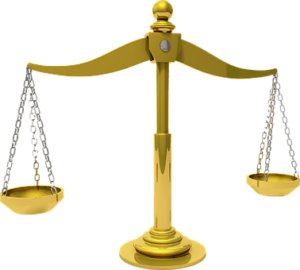Professional conduct and etiquette
Construction defects have become rampant, and this has seen an increase in the number attorneys that are conversant with construction law. When you are a victim of a defectively installed stucco, then it is comprehensible to pursue a Lawyer that is familiar with stucco lawsuits and can thereby utilize his skills zealously in the interest of his clients. By and large, such a suit will be anchored upon professional negligence, and in this case, the plaintiff will need to present substantive evidence showing that the defendant is liable for damages. Liability and damages are therefore tantamount to such a suit, and it is the responsibility of your attorney to present a compelling case that will guarantee an adequate and fitting settlement.
In this regard, it is important to understand the concept of professional conduct and etiquette because this area of law represents a fundamental armpit of a claim of professional negligence. Professional misconduct is simply a violation of the rules that are stipulated in a statute and a code of conduct. However professional misconduct must be differentiated from unprofessional conduct because the latter refers to the moral turpitude of an advocate. Professional conduct is crucial because the legal profession is charged with a public service responsibility.
The following example amount to professional misconduct;
Absence of a practicing certificate
This is a regulation that has been put in place to inhibit the legal profession from fraudulent persons that impersonate lawyers. Therefore any person that purports to practice law without acquisition of a valid practicing certificate is guilty of an offense and thereby liable to legal penalties and repercussions. Therefore lawyers must always renew their license in order to absolve themselves from such professional misconduct.
Conflict of interest
 It is a professional misconduct for an attorney to retain his services in a matter that he has interests in. An attorney is required to withdraw his services whenever he feels that he can no longer advance the interests of his client. The attorney has an ethical duty to inform his client of his conflict as soon as it emerges. It is professionally desirable that a lawyer is always independent, objective and loyal to his client throughout the proceedings.
It is a professional misconduct for an attorney to retain his services in a matter that he has interests in. An attorney is required to withdraw his services whenever he feels that he can no longer advance the interests of his client. The attorney has an ethical duty to inform his client of his conflict as soon as it emerges. It is professionally desirable that a lawyer is always independent, objective and loyal to his client throughout the proceedings.
Undercutting
Undercutting is the act of offering legal services for a fee that is lower than that prescribed in the remuneration regime which governs a particular jurisdiction. The rationale behind this provision is that lawyers are meant to secure clients based on the quality of their services and not their financial specifications.
…


